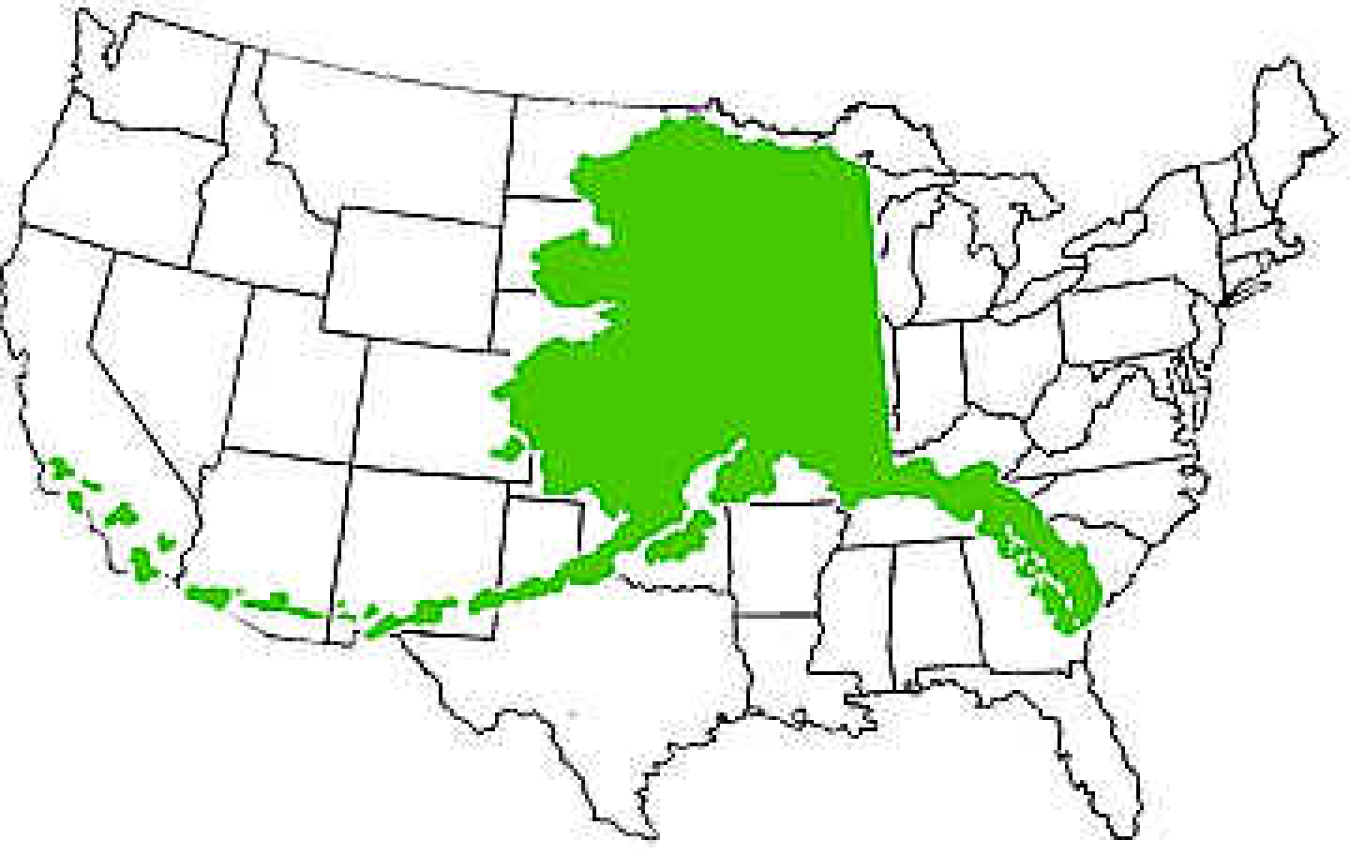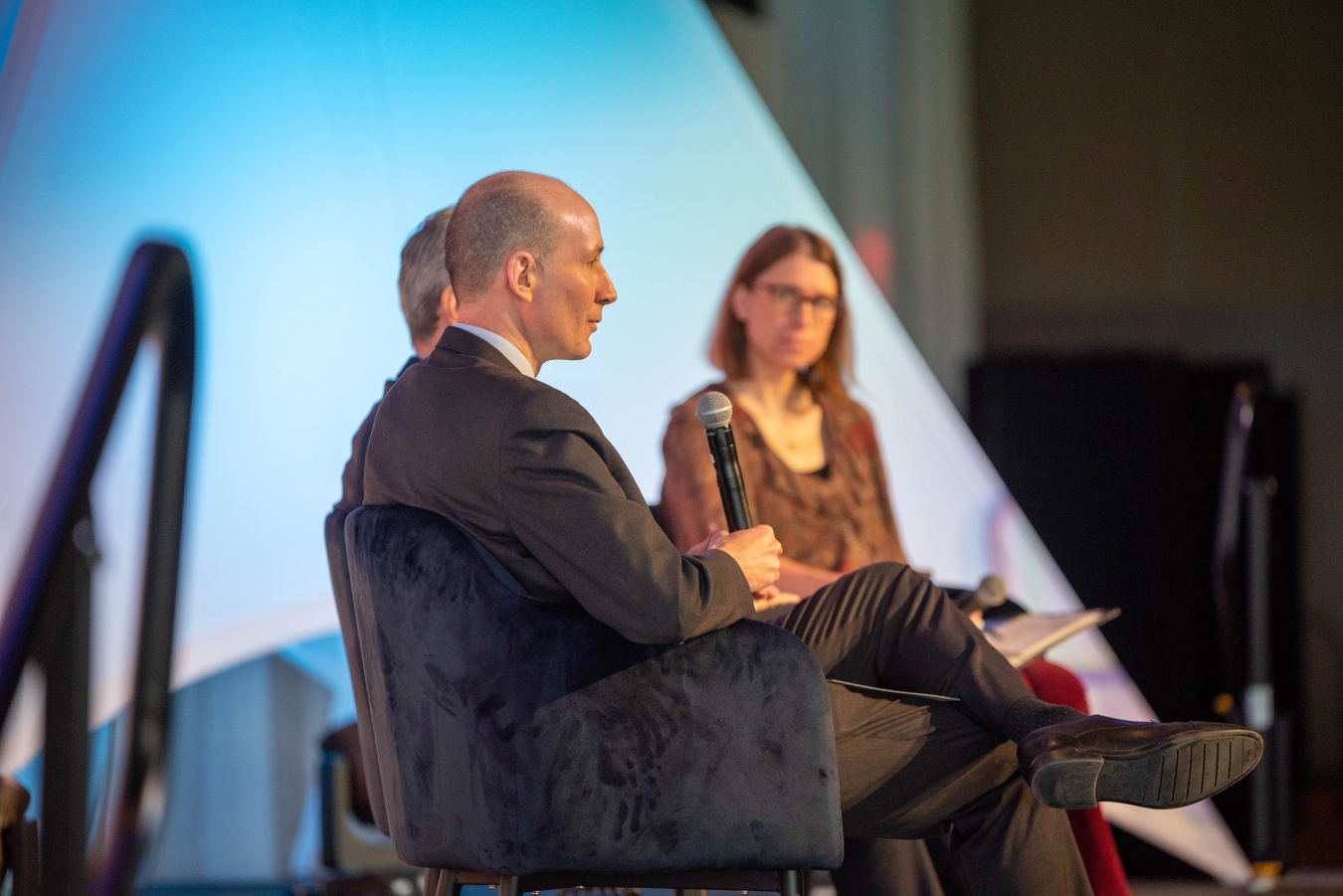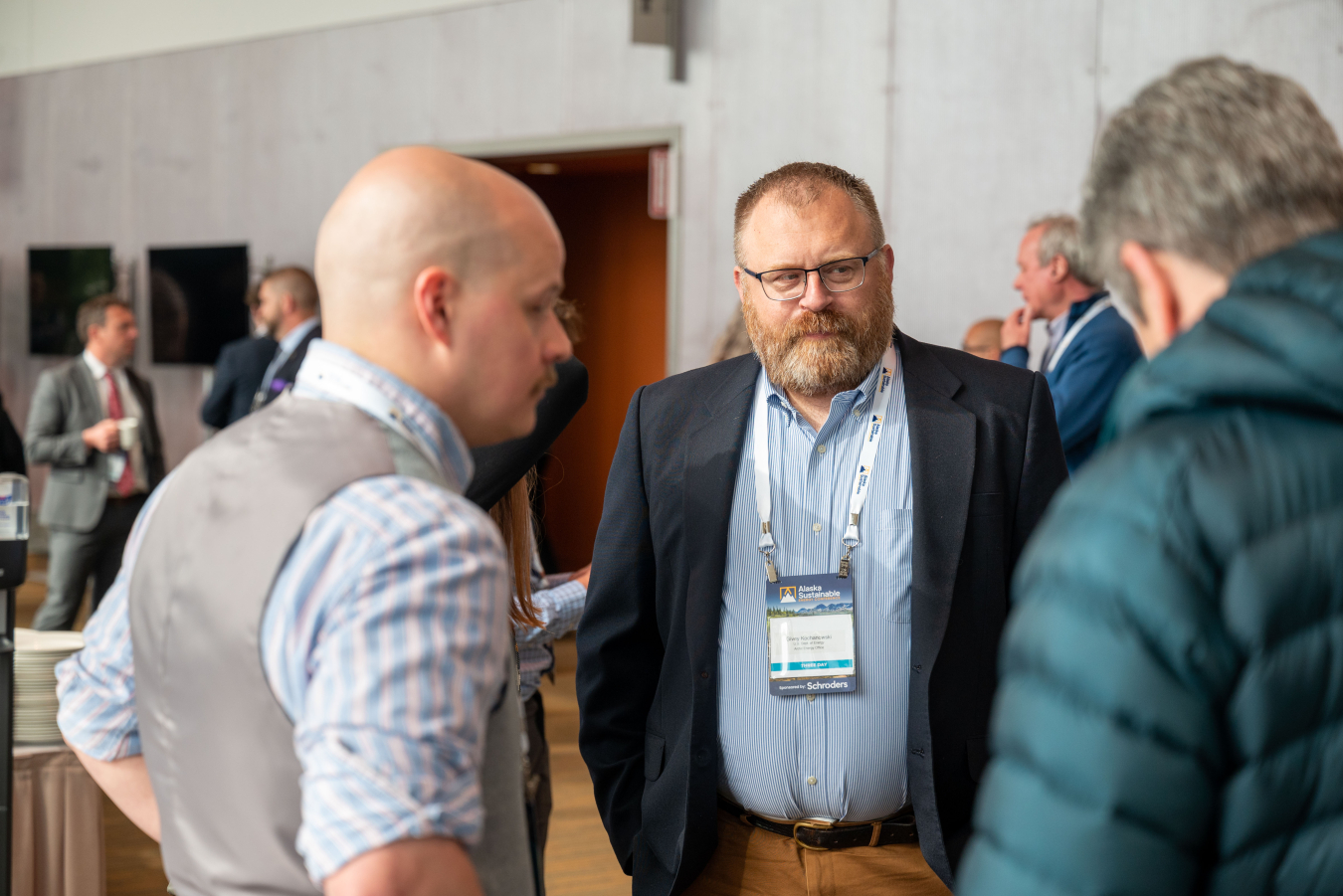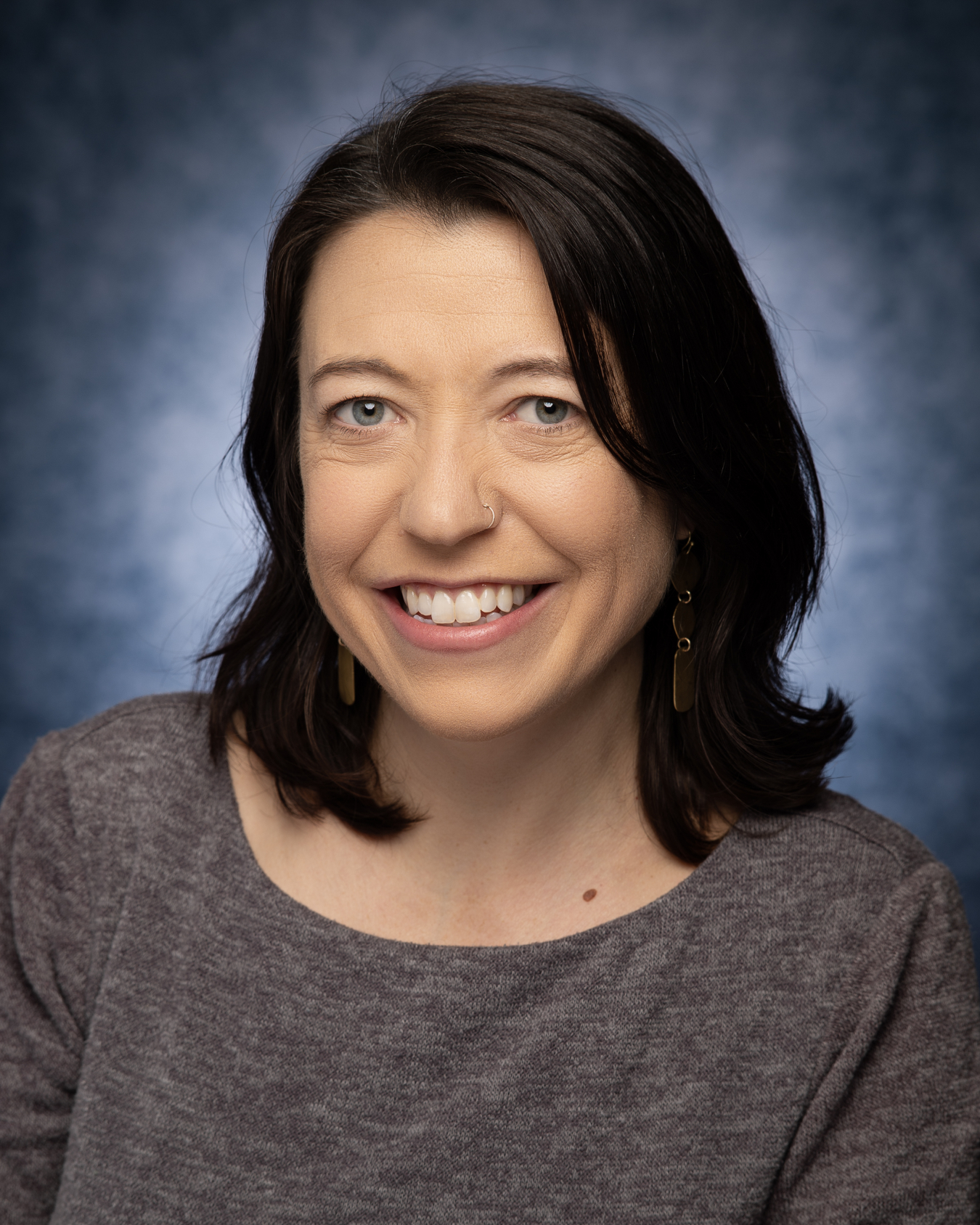At the Alaska Sustainable Energy Conference last week (May 22-25), a range of Department of Energy officials were on hand for plenaries, panels, events, and consults as nearly 1,000 attendees connected about boosting the clean energy transition in Alaska.
June 5, 2023
Saying Alaska is unique feels like an understatement. It has more coastline than the entire eastern seaboard combined. It has the most airspace of any state, the highest mountain, the largest glacier. There’s over 70 potentially active volcanoes, 97 known thermal springs, one of the greatest tidal resources on Earth, rainforests and permafrost – and there are 228 federally recognized tribes living throughout the state. Within this vast and industrious state, there’s endless potential for renewable energy.
At the Alaska Sustainable Energy Conference last week (May 22-25), hosted by Alaska Governor Mike Dunleavy, a range of Department of Energy and Administration officials were on hand for plenaries, panels, events, and consults as nearly 1,000 attendees connected about boosting the clean energy transition in Alaska.
Deputy Secretary of Energy David Turk joined Arctic Energy Office Director Dr. Erin Whitney and Assistant Secretary of State for Energy and Natural Resources, Geoffrey Pyatt, for a conversation about taking big and bold steps to invest in Alaska, bring good-paying clean energy jobs to the state, and spur on energy developments with a focus on bringing reliable clean energy access and resources to previously underserved communities.
While Alaska is the “coal capital of the United States,” as Gov. Dunleavy said, there’s tremendous opportunity for hydropower, biomass energy, battery storage, wind, solar, geothermal, energy efficiency upgrades, and nuclear energy, to name a few of the key conversation topics at the Alaska Sustainable Energy Conference. DOE staff from the Arctic Energy Office were joined by teams from the Office of Indian Energy Policy and Programs, the Grid Deployment Office, Sandia National Laboratories, Loan Programs Office, Office of Clean Energy Demonstrations, Idaho National Laboratory, ARPA-E, and the National Renewable Energy Laboratory at the conference, indicating how much investment the Department of Energy is making (and is poised to make) in the 49th State.
Deputy Secretary Turk also made visits to rural Alaska while in the state, flying to Nome, Teller, and Kotzebue to visit local officials, utility companies, Port of Nome officials, the Alaska Native Corporation - NANA Regional Corporation, and Alaska residents to understand energy challenges and needs. He also met with the Alaska Federation of Natives’ leadership and staff, Calista Corporation, DOE’s National Labs’ Alaskan collaborators in a briefing with Ambassador to Japan Rahm Emanuel, and spoke with the many DOE staff members who are based in the state.


See more photos from his trip on DOE’s Flickr page.
“It is routine that we get to say ‘for the first time ever…’ at the Department of Energy, said Deputy Secretary Turk in his panel remarks. “We’ve got the nerds, the technology, the policy, the tools in our toolbox,” he said. “We need to roll up our sleeves and execute.”
That’s exactly what the Arctic Energy Office is here to enable. Anyone working on Arctic energy issues is encouraged to reach out to us at [email protected] and get in touch to tap in our ability to guide you in working with the vast resources of the Department of Energy, like our technical assistance for tribal communities, our funding opportunities through President Biden’s Investing in America agenda, our STEM workforce development efforts, our world-class research and technology transfer work. We’re ready to help the Arctic lead the way.
AnneMarie Horowitz

AnneMarie Horowitz is the Chief of Staff for the Arctic Energy Office. She joined the Arctic Energy Office in May 2023, and previously served as the Acting Communications Director until September 2023. AnneMarie has been with the Energy Department since 2010, and was previously on the digital team of the Office of Public Affairs, where she managed digital projects and internal employee communications efforts. AnneMarie was the Digital Communications Manager from March 2023 - September 2023 for the Department of Health and Human Affairs' Public Education Campaign, We Can Do This, to share information about the COVID vaccine.
AnneMarie founded two active employee resource groups at the Department of Energy: POWER (Professional Opportunities for Women in Energy Realized) and the Emerging Professionals Group. From 2015 - 2017 she served as the Special Advisor on workforce issues for Deputy Secretary of Energy Dr. Elizabeth Sherwood-Randall. She has also previously worked in the Under Secretary for Management and Performance and the Office of Economic Impact and Diversity.
AnneMarie created the STEM Rising: Women @ Energy series, featuring profiles of women from the agency who work in STEM careers. She was critical to establishing the Equality in Energy Transitions Initiative, a dual-hatted effort of the International Energy Agency and the Clean Energy Ministerial to advance the transition to a clean energy economy by engaging more women in clean energy, and is involved with the U.S. C3E Initiative as an award reviewer and communication. During the Obama Administration she was a DOE designee to the White House Council on Women and Girls. AnneMarie was a U.S. delegate to the APEC Women in the Economy Forum in 2014 in Beijing, China.
AnneMarie has a BA in Political Science from the University of Portland and a Masters of Government from Johns Hopkins University. She resides in Philadelphia.

